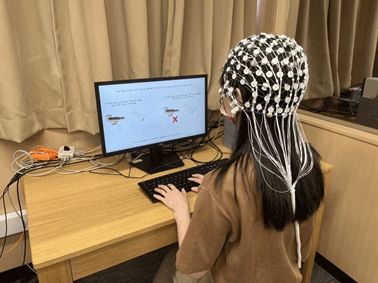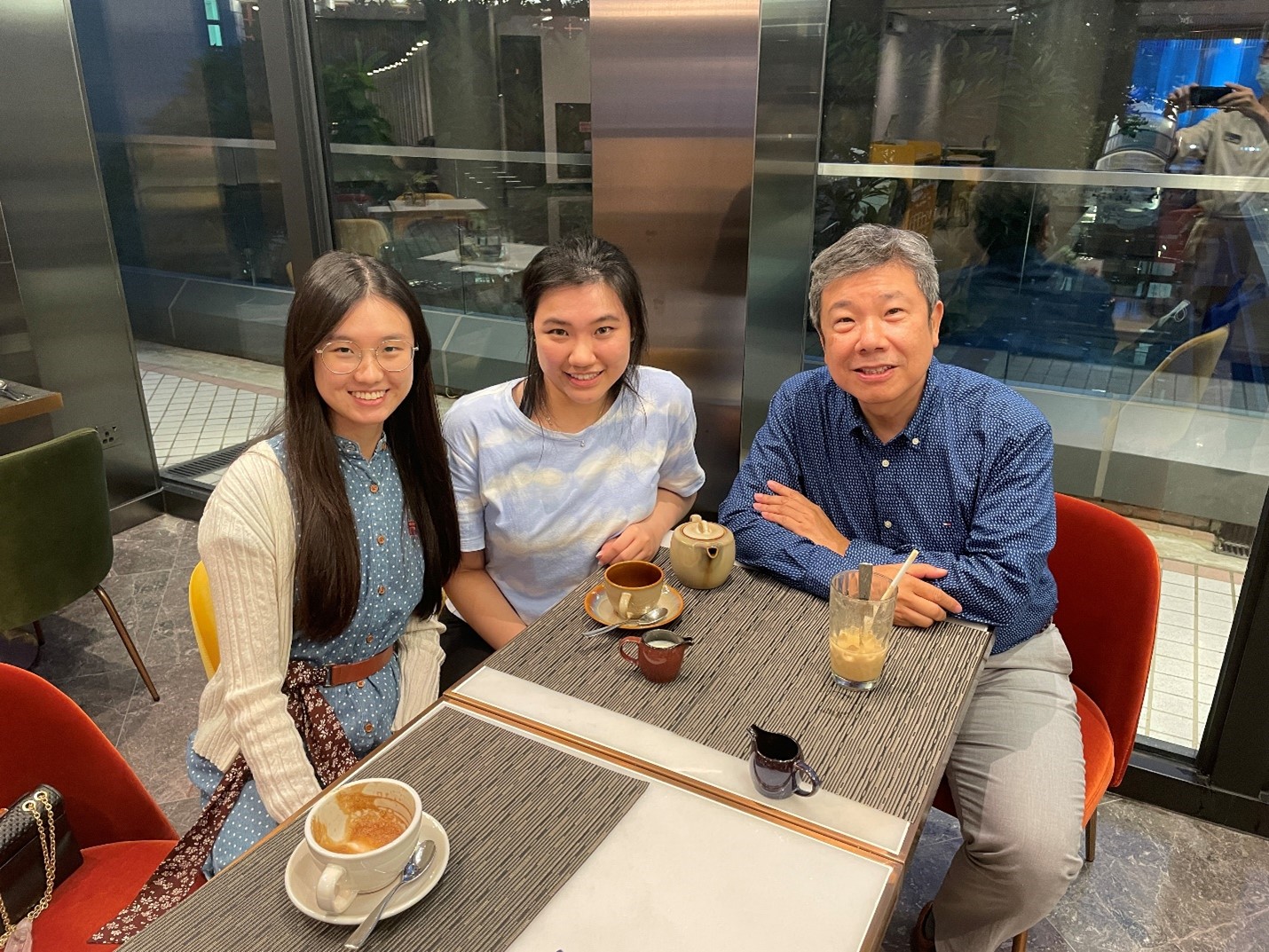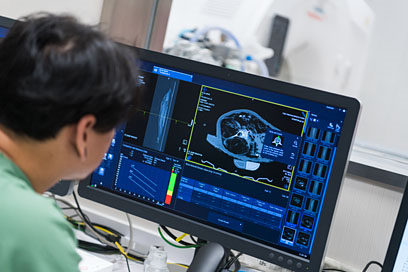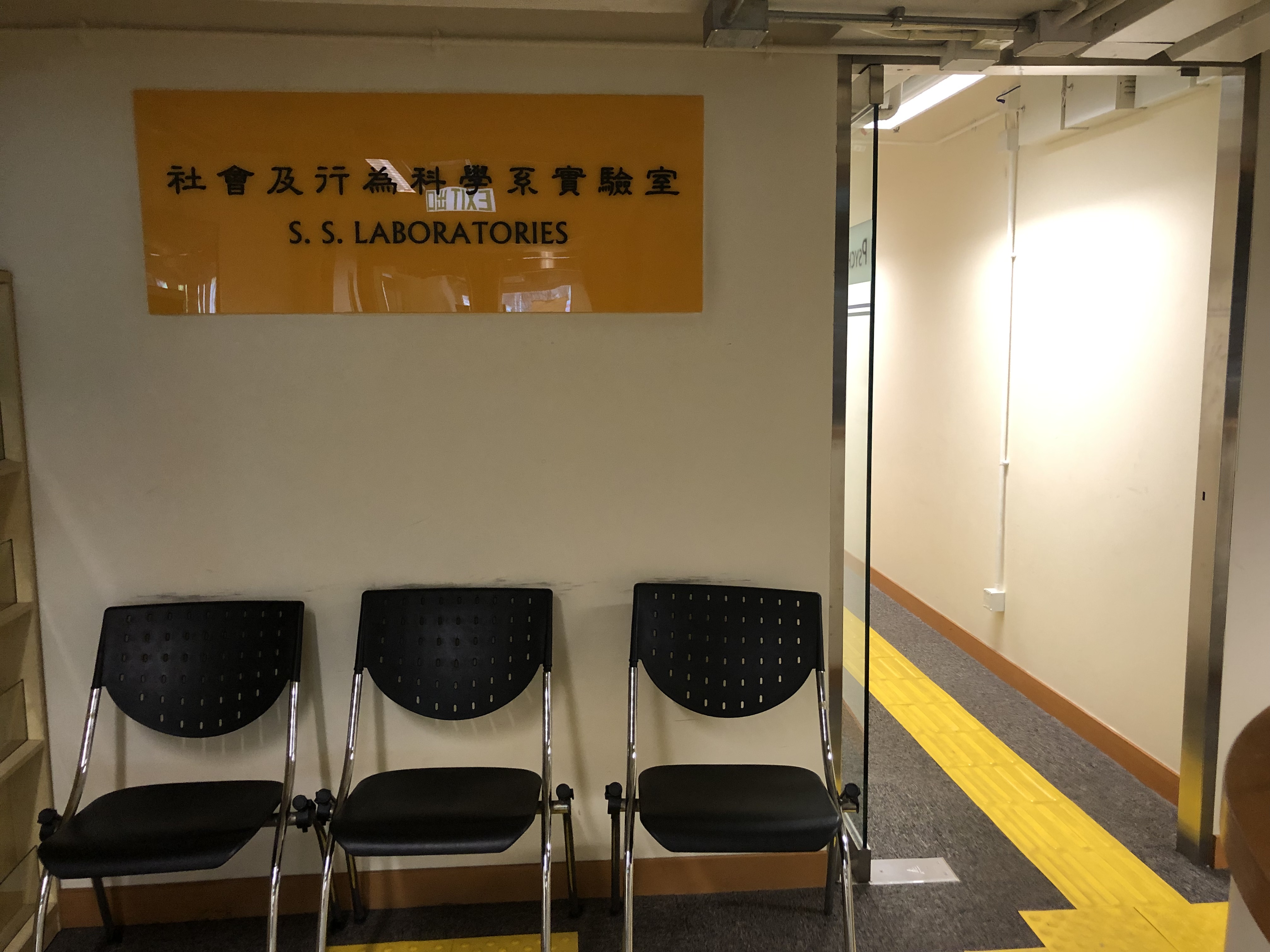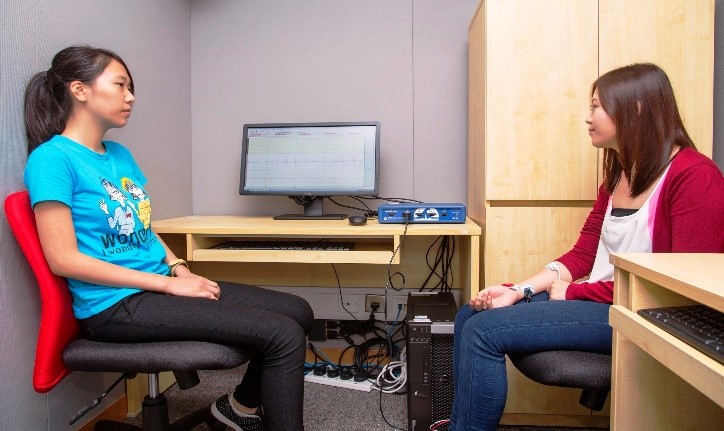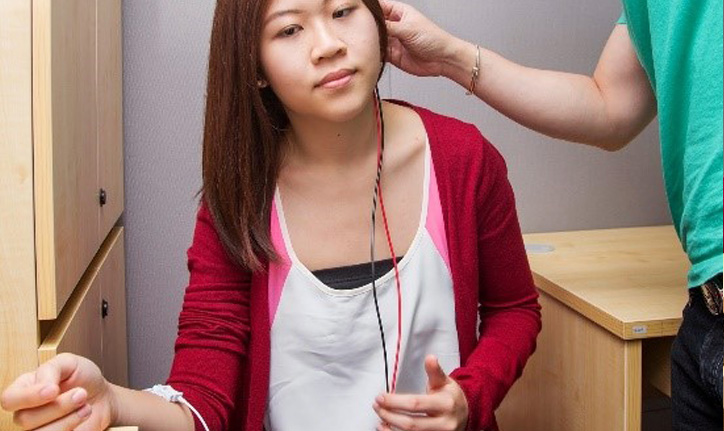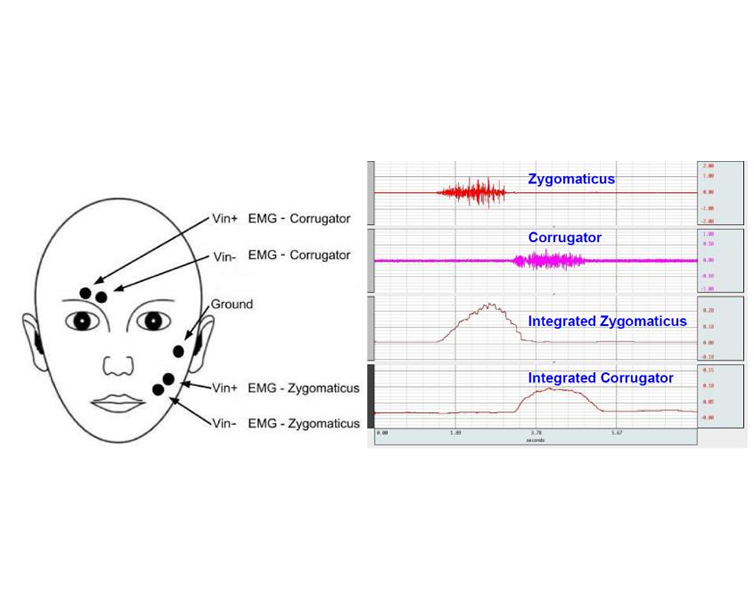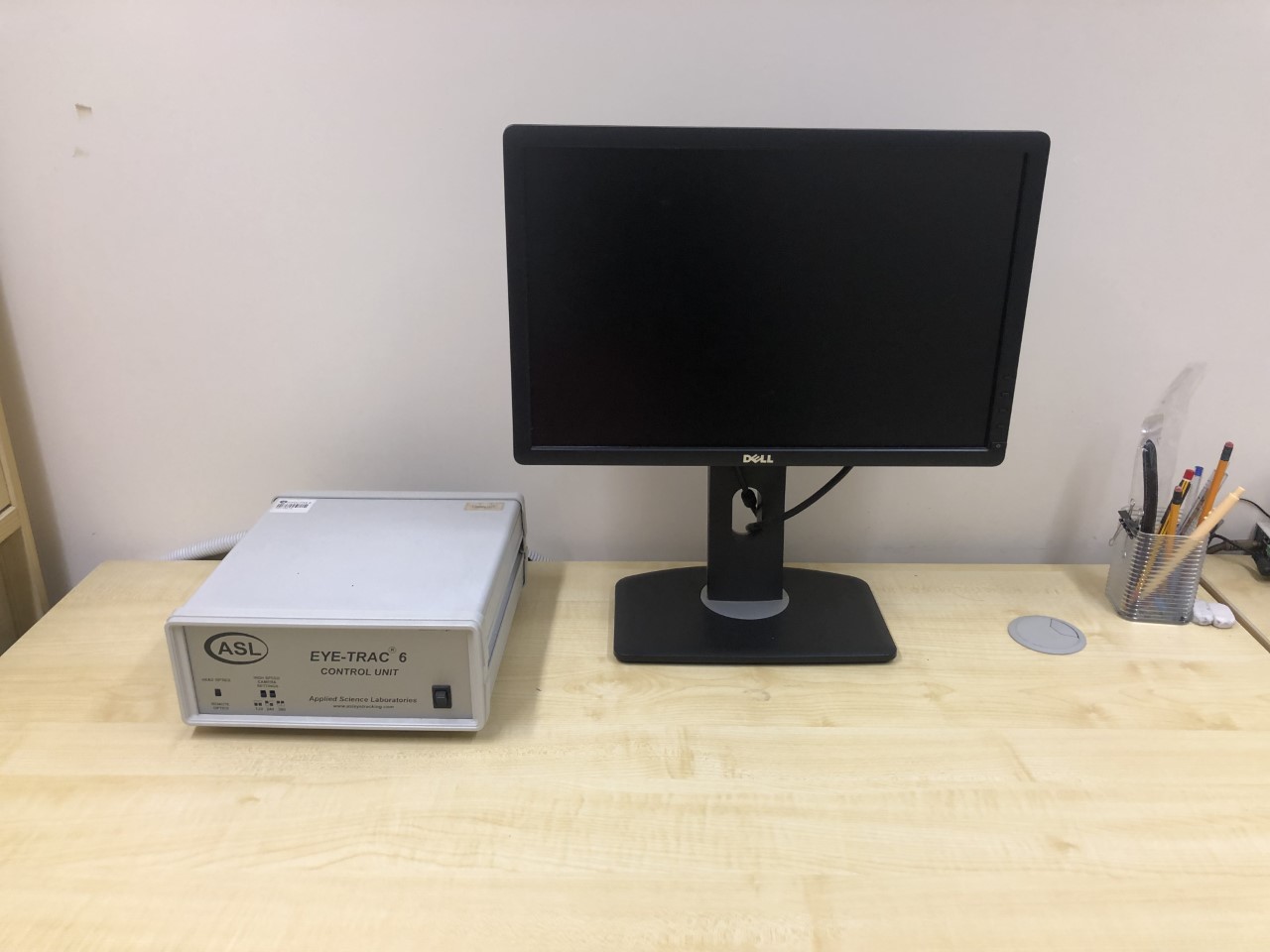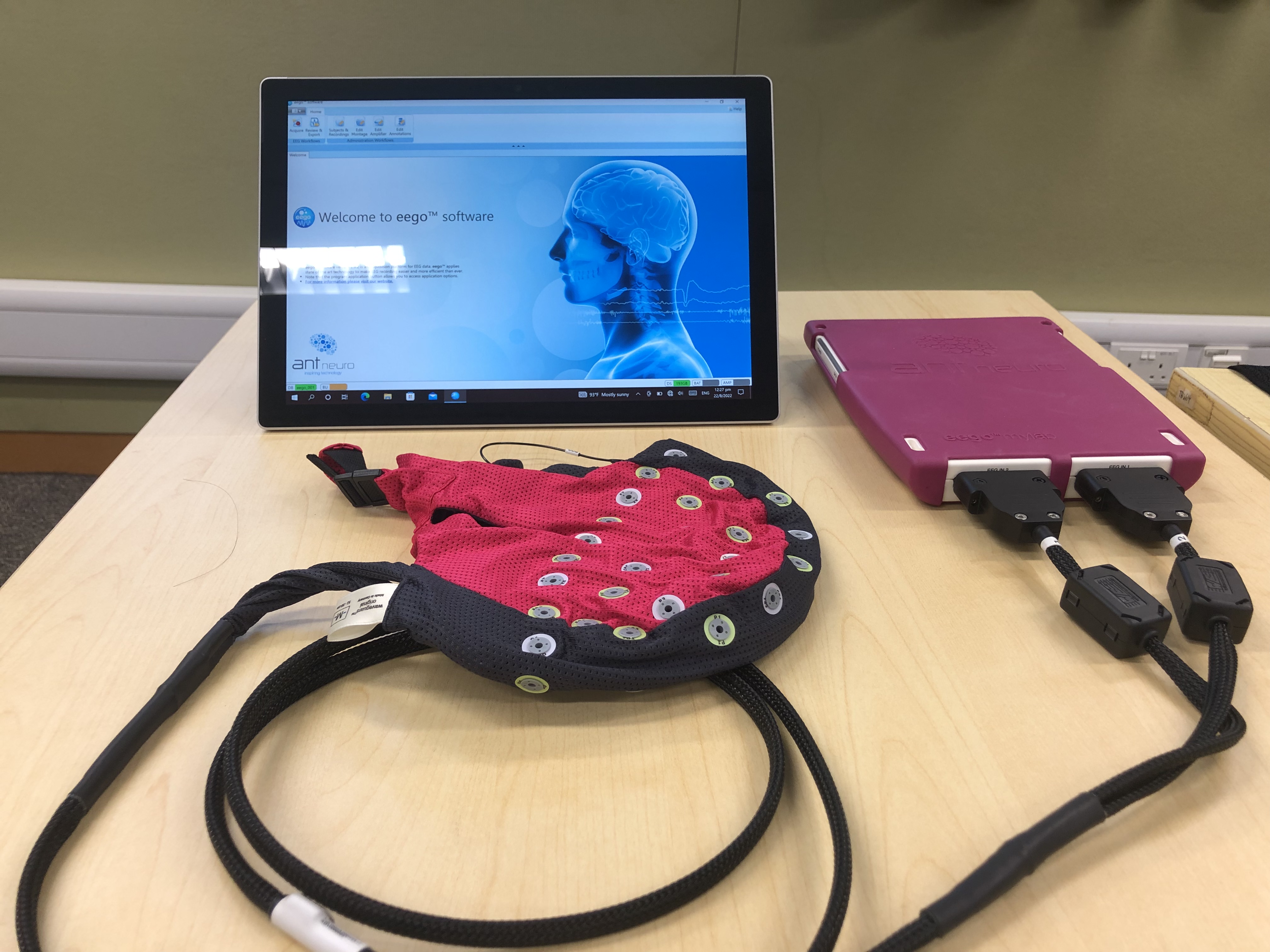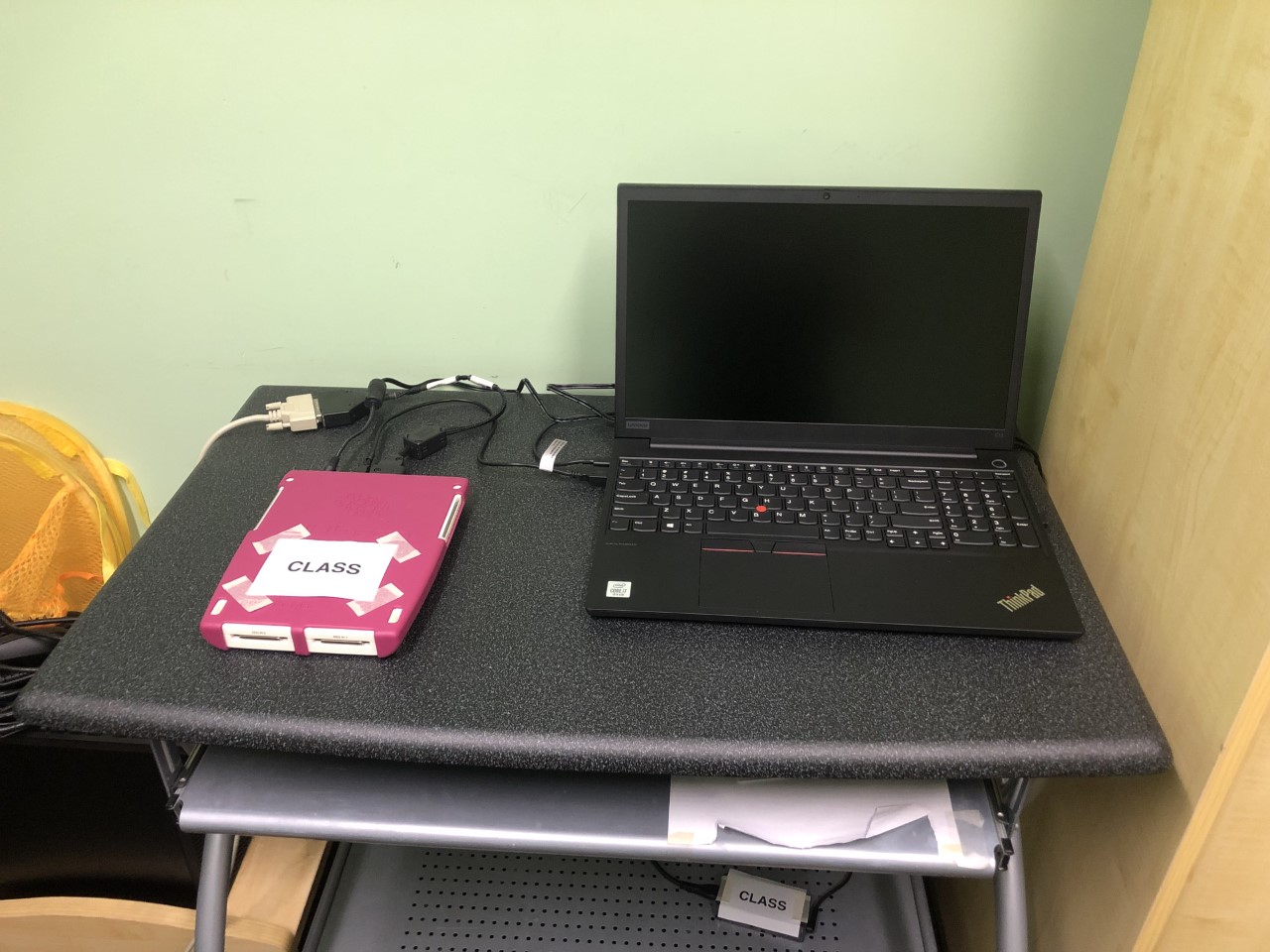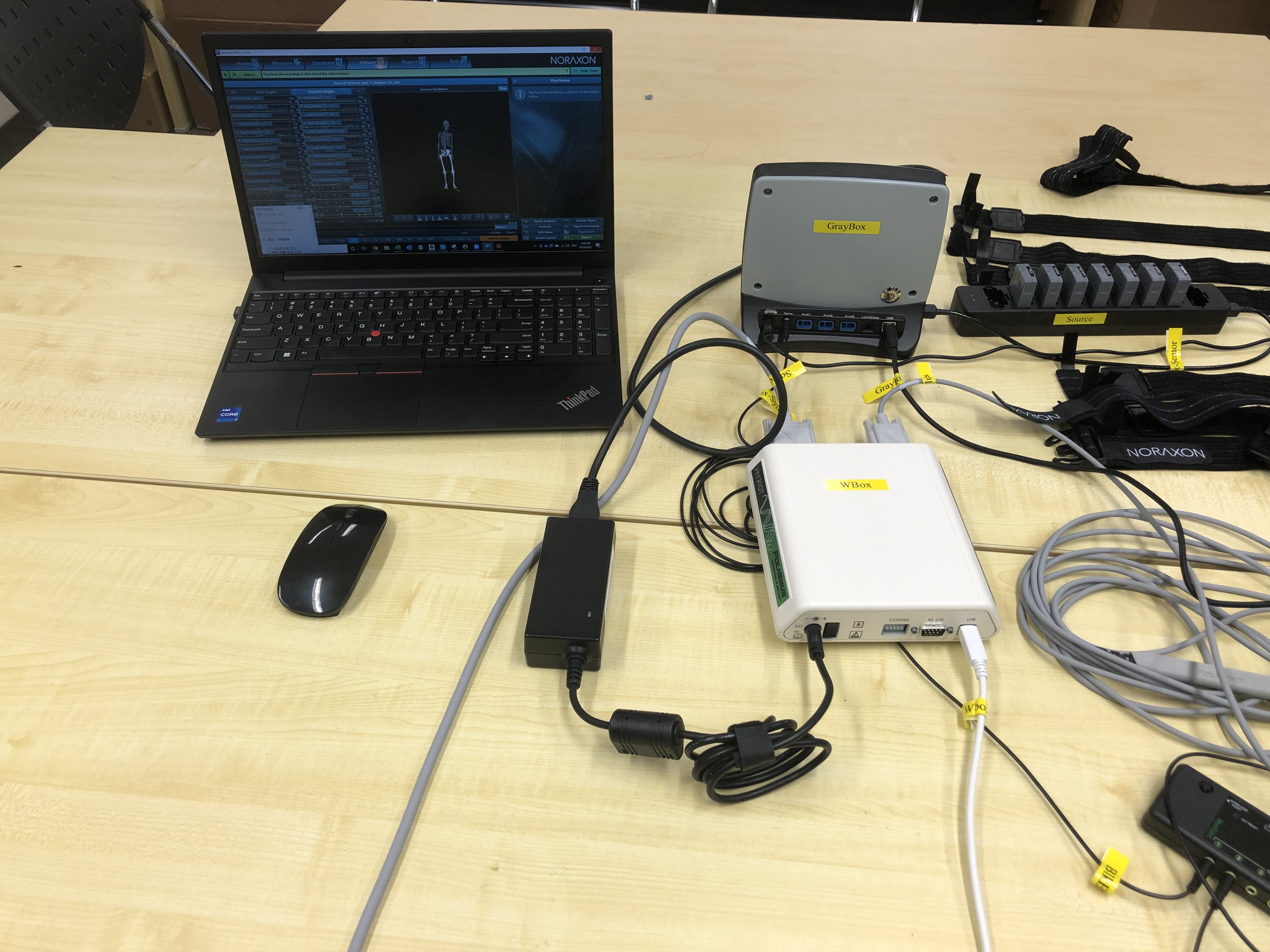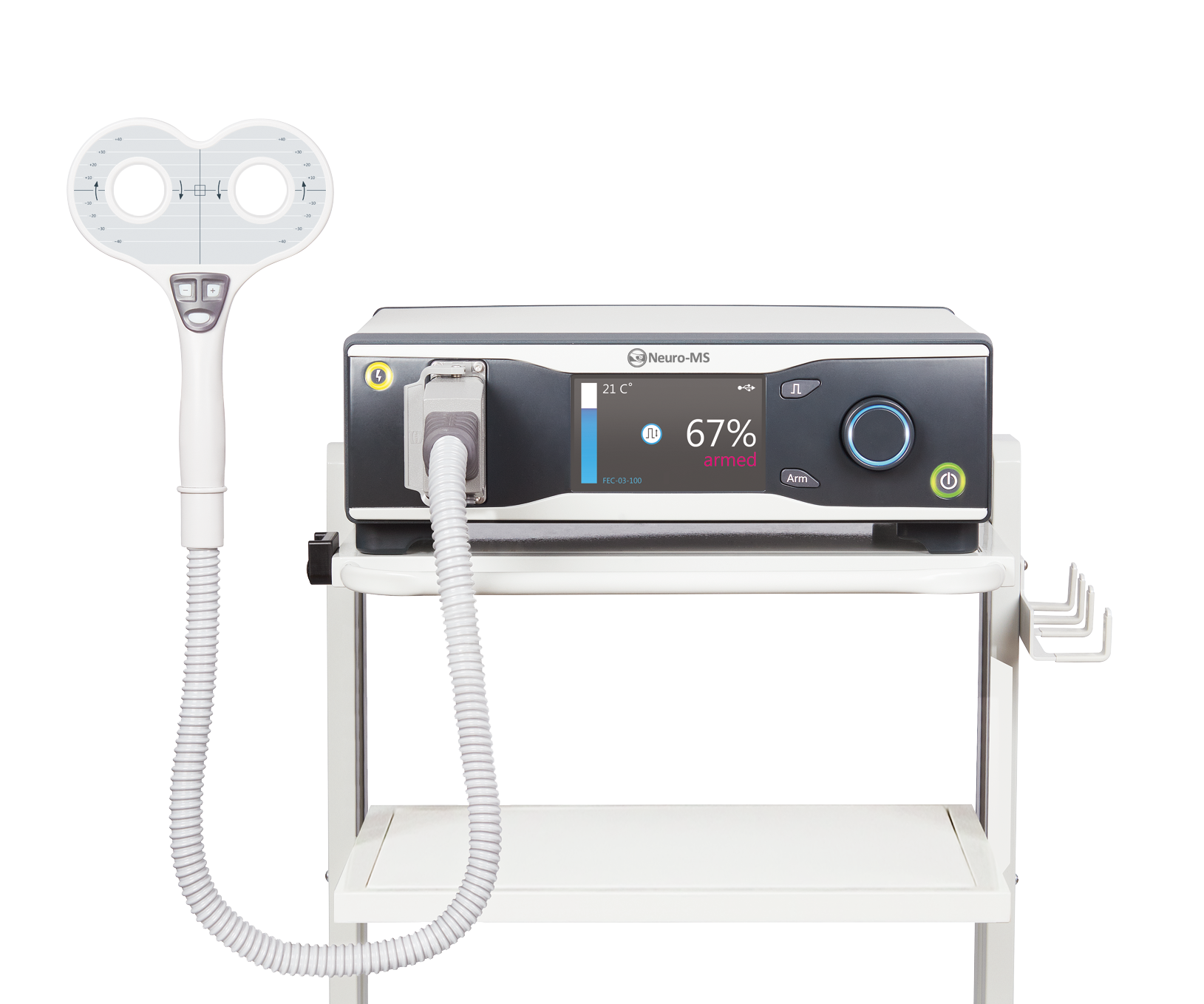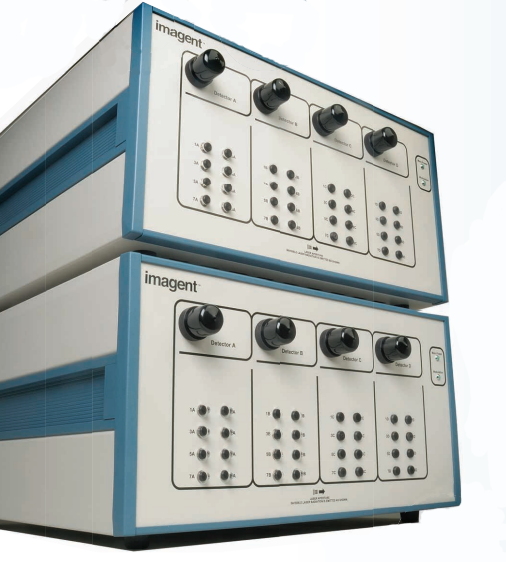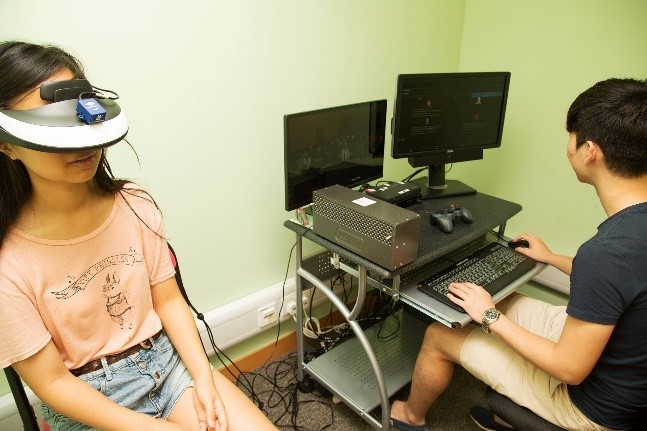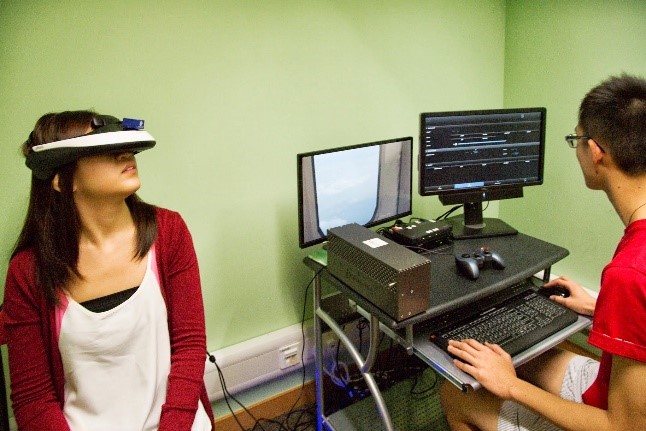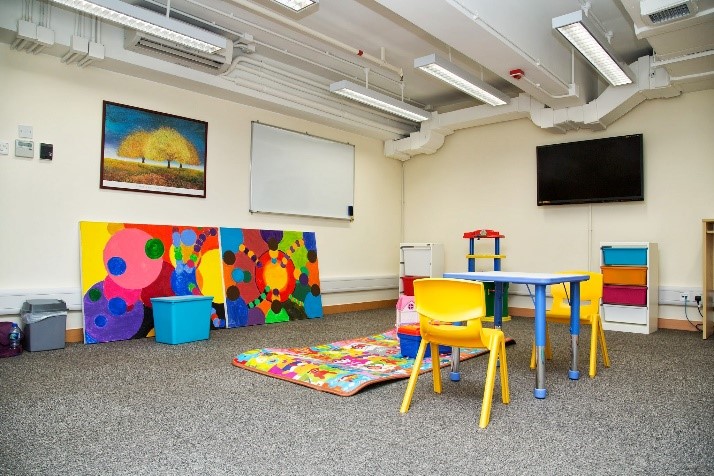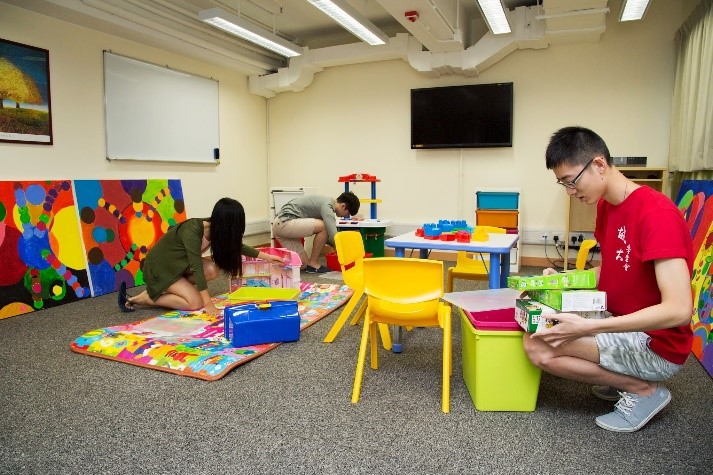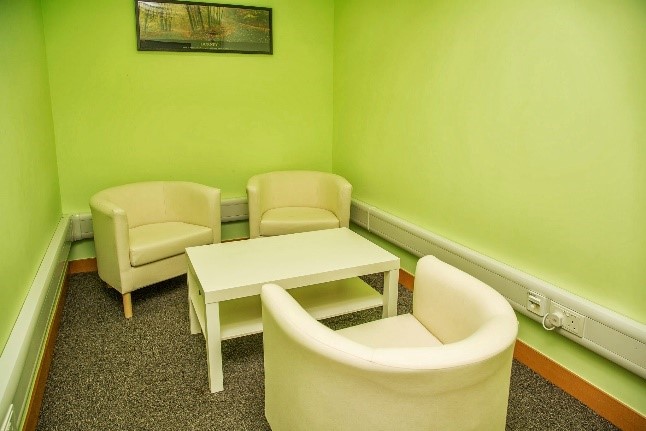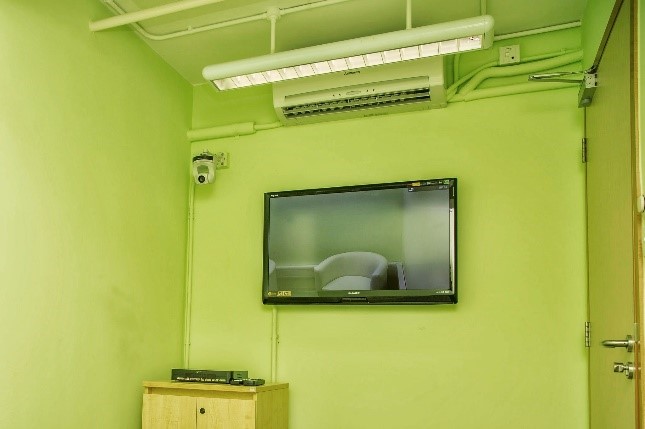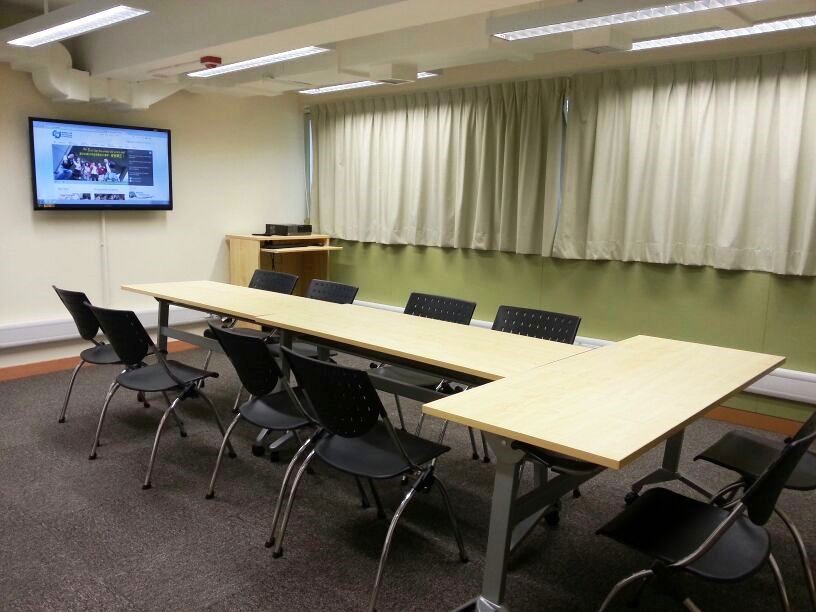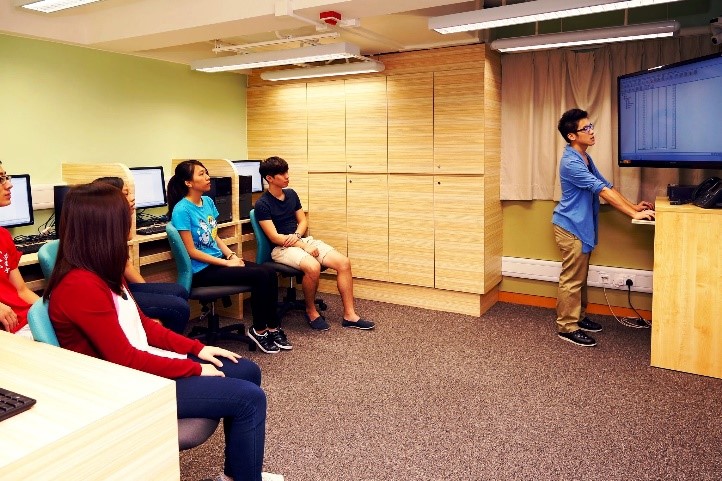CURRENT PROJECTS
The psychology discipline has been strategically focusing on multidisciplinary research, collaborating with local and international experts and researchers from diverse fields, including medicine, neuroscience, engineering, public policy, education, and linguistics. In alignment with CityU’s strategic research themes, three research clusters are formed in the psychology discipline to optimize collaboration and foster interdisciplinary research. The psychology laboratories are equipped with facilities and instruments to provide a stimulating educational environment to our undergraduate and graduate students and facilitate conduction of experimental studies. Members of the psychology discipline have also actively engaged in translational research to address the needs of a wider group of beneficiaries.
RESEARCH GROUPS
Three research groups aligning with the 2 streams of the undergraduate program:
Mental Health and Resilience (Health and Development)
Social & Cognitive Neuroscience (Mind & Brain)
Health and Lifespan Development (Health and Development)
Mental Health and Resilience (Health and Development)
Social & Cognitive Neuroscience (Mind & Brain)
Health and Lifespan Development (Health and Development)
RESEARCH FACILITIES
The SS Laboratories at Nam Shan Building have been established to encourage and support research and teaching by the Department of Social and Behavioural Sciences. This establishment consists of ‘Psychology Laboratories’ and ‘Practice Laboratories’ with one computer room, six individual cubicles for running lab experiments, two counselling rooms, one multi-purpose room, two control rooms and one reception area. Below shows the major research equipment and facilities currently available in the SS Lab.
Psychology laboratories
The psychology laboratories are equipped with facilities and instruments to provide a stimulating educational environment to our undergraduate and graduate students and facilitate conduction of experimental studies.
PSYCHOLOGY LABORATORIES RESEARCH GRANTS (2014 - PRESENT)
Psychophysiology Laboratory
- Psychological resilience and the cortisol awakening response in Chinese undergraduates (SRG)
- Age differences in diurnal cortisol profiles (SRG)
- Loneliness and diurnal cortisol profiles in Chinese elders (SRG)
- Social Network Cultivation, Diurnal Cortisol, and Telomere Length: Testing the Rejuvenation Hypothesis (GRF)
- Treating Isolation Distress and Social Anxiety Using Neuroscience Strategies in Virtual Reality (SIRG)
- Biomarking Psychological Resilience with Salivary Cortisol in Chinese Undergraduates using Piecewise Linear Growth Curve Models (GRF)
Clinical & Health Psychology Laboratory
- Joint Forces to Combat HIV: A Randomized Controlled Trial to Improve the Health-related Quality of Life of HIV-positive Mothers and Children (GRF)
- 移民母亲与子女HPA轴功能活性和抑郁症状的相互影响及心理行为机制 (NSFC-SRI)
- Multi-sourced Event Detection and Multi-dimensional Analysis based on Event Cube (GRF)
- Dyadic Effects of Stigma and Discrimination on Distress in Patient–spouse Dyads Affected by HIV Using the Actor–partner Interdependence Model (GRF)
- Resilience Congruence in Immigrant Mother-Child Dyads: Examining Intergenerational Dynamics Using the Actor-Partner Interdependence Model (GRF)
- Time-based Strategies to Enhance Physical Activity Participation among Older Adults (GRF)
Cognition and Neuroscience Laboratory
- Monitor the Cerebrovascular Health with Pulse Diffusion Optical Topography (Pulse-DOT) to Predict Cognitive Deterioration in Aging Population (HMRF)
- Phonological Encoding in Cantonese-English Bilingual Speech Production: An Event-Related Brain Potential Study (GRF)
- Improving the Sensitivity of Pre-attentive Change Detection by Motivational Value Association Training (GRF)
- Processing Segmental and Tonal Information in the Production of Cantonese Speech: An Event-Related Brain Potential Study (GRF)
- Phonological planning in Cantonese word production (ECS)
Developmental Psychology Laboratory
- Anxiety in learning English as a foreign language among Chinese children: The roles of parental literacy beliefs and practices (GRF)
- Reading comprehension difficulties in Hong Kong Chinese children: Linguistic and cognitive underpinnings (GRF)
- Reading, writing, and mathematics: Behavioral genetics, molecular genetics, and neuro markers of early academic achievement in Hong Kong Chinese children (CRF)
- Creativity, syntactic development and dialogic reading techniques for young children in Hong Kong: A bilingual and longitudinal approach (GRF)
- Protecting Older People from Loneliness During the Coronavirus (Covid-19) and Other Novel Infectious Disease Pandemic (CRF)
- Intergenerational Conflict at Work: The Role of Visual Attention in Affective and Behavioral Reactions to Conflict Situations (GRF)
- Development of a Longitudinal Database on Adult Development and Aging (PPR)
- A Longitudinal Examination of Adjustment to Retirement: The Role of Retirement Resources (GRF)
- The Evaluative Study on the Pilot Project on Tier 1 Support Services in Kindergartens (KGs)/Kindergarten-cum-Child Care Centres (KG-cum-CCCs) (SWD)
- Understanding Academic Dishonesty among Hong Kong University Students: Influences of Personal and Contextual Factors (GRF)
- Influences of personal and contextual factors on academic dishonesty among a sample of Hong Kong university students (SRG)
Psychometrics Laboratory
- A New Class of Multi-process Responses and Response Time Models (GRF)
- Developing a New Class of Approaches to Detecting and Controlling the Impact of Response Styles in Rating or Likert Scales (ECS)
- Examining the psychometric properties of the Chinese Post-Traumatic Growth Inventory (CPTGI) for patients suffering chronic diseases (HMRF)
Cultural Psychology Laboratory
- Value Similarity and Romantic Relationships: The Differential Roles of Explicit and Implicit Personal Values (GRF)
- The Role of Value Similarity in the Development of Romantic Relationships: The Processes of Selection and Convergence (GRF)
- An Experimental Study of National Identity among Hong Kong Youth (PPR)
- Two Ways of Value Change: From Behavioral Inhibition and Activation to Subjective Well-being (GRF)
- Constructions of masculinity: A bicultural and cross-cultural examination (ECS)
- The relationship between productive engagement, loneliness and well-being among older adults in Hong Kong (SRG)
Attention and Emotion Laboratory
- Age Differences in Gaze When Experiencing Workplace Conflicts (SRG)
- Intergenerational Conflict at Work: The Role of Visual Attention in Affective and Behavioral Reactions to Conflict Situations (GRF)

